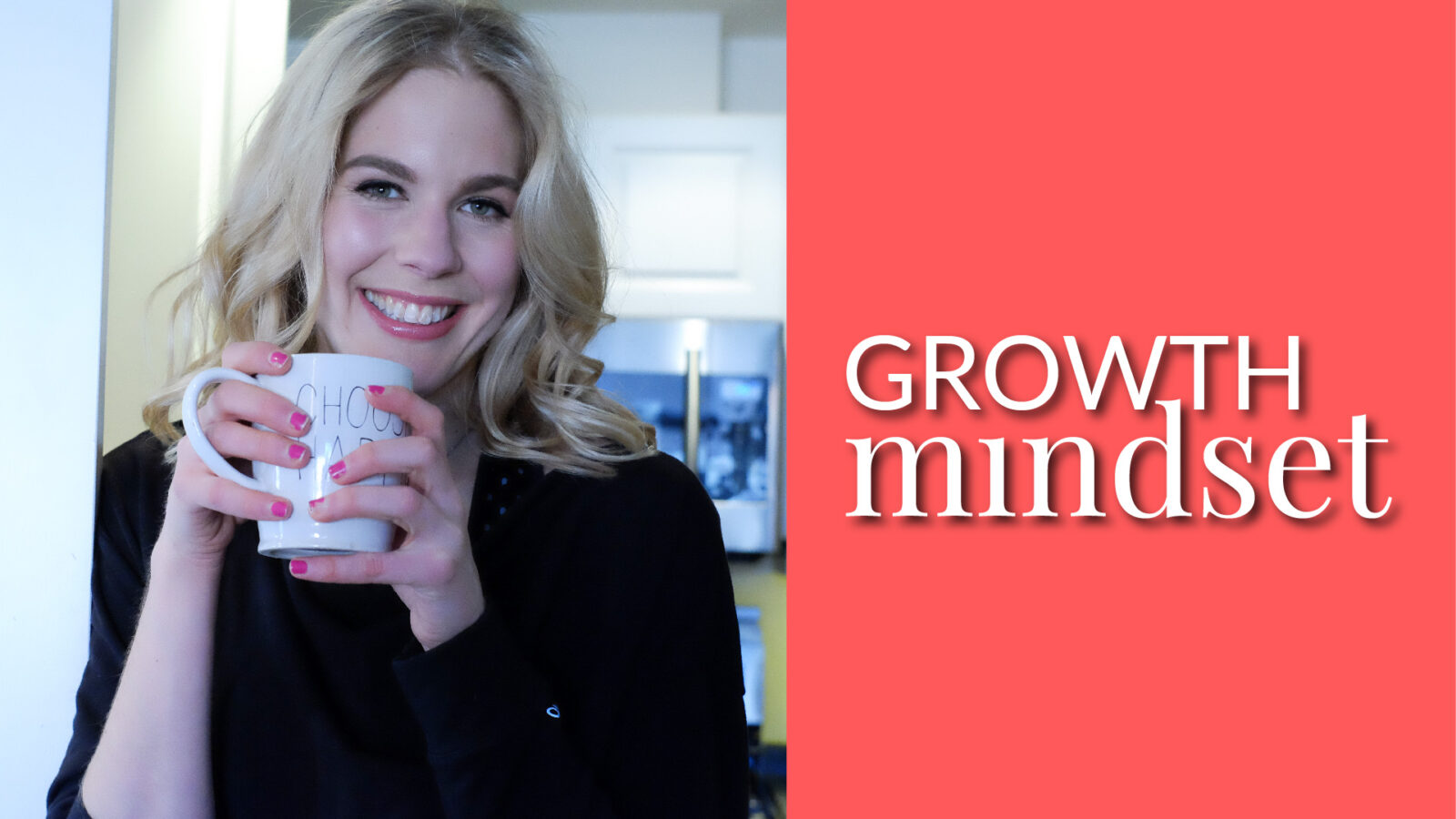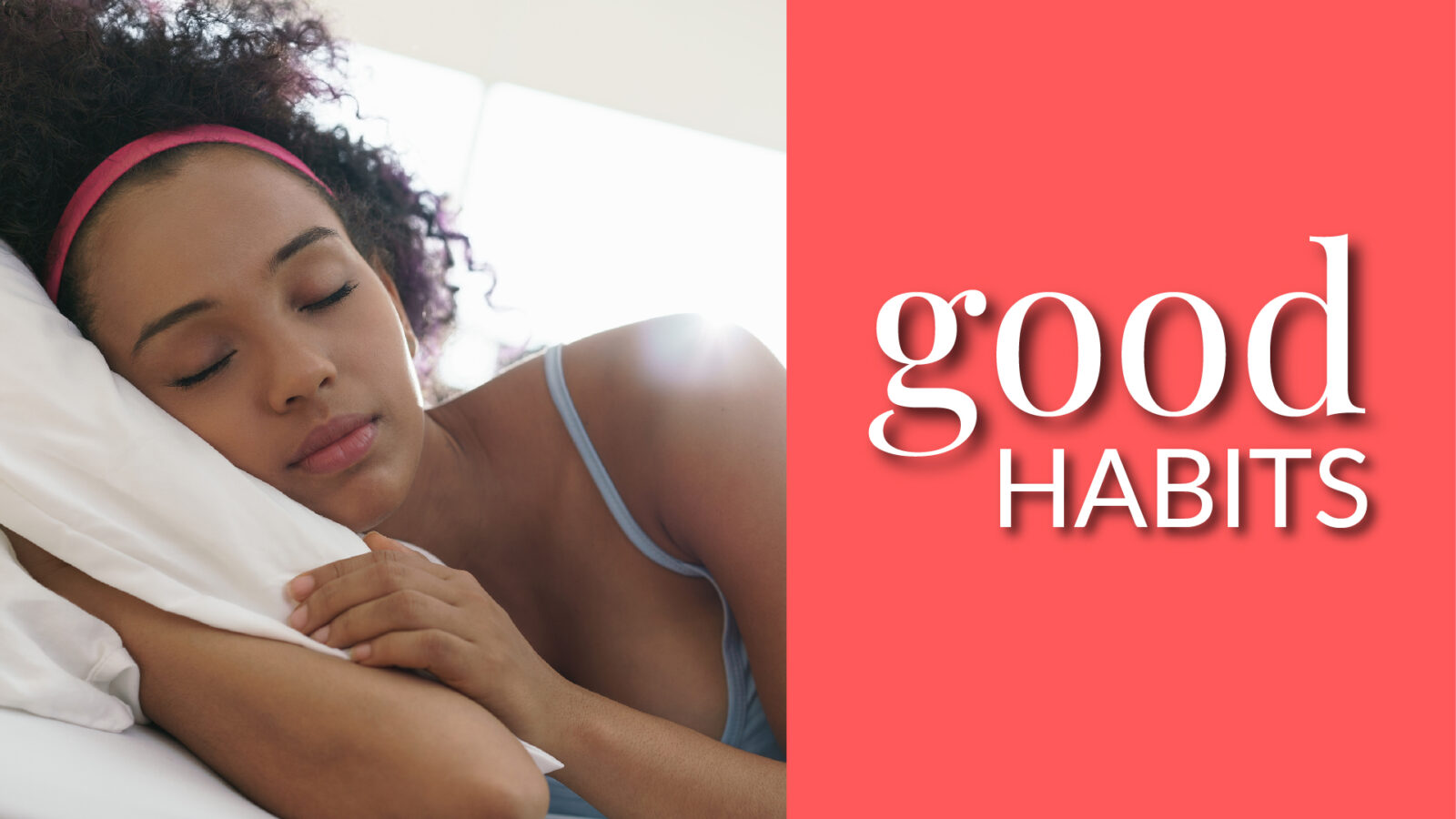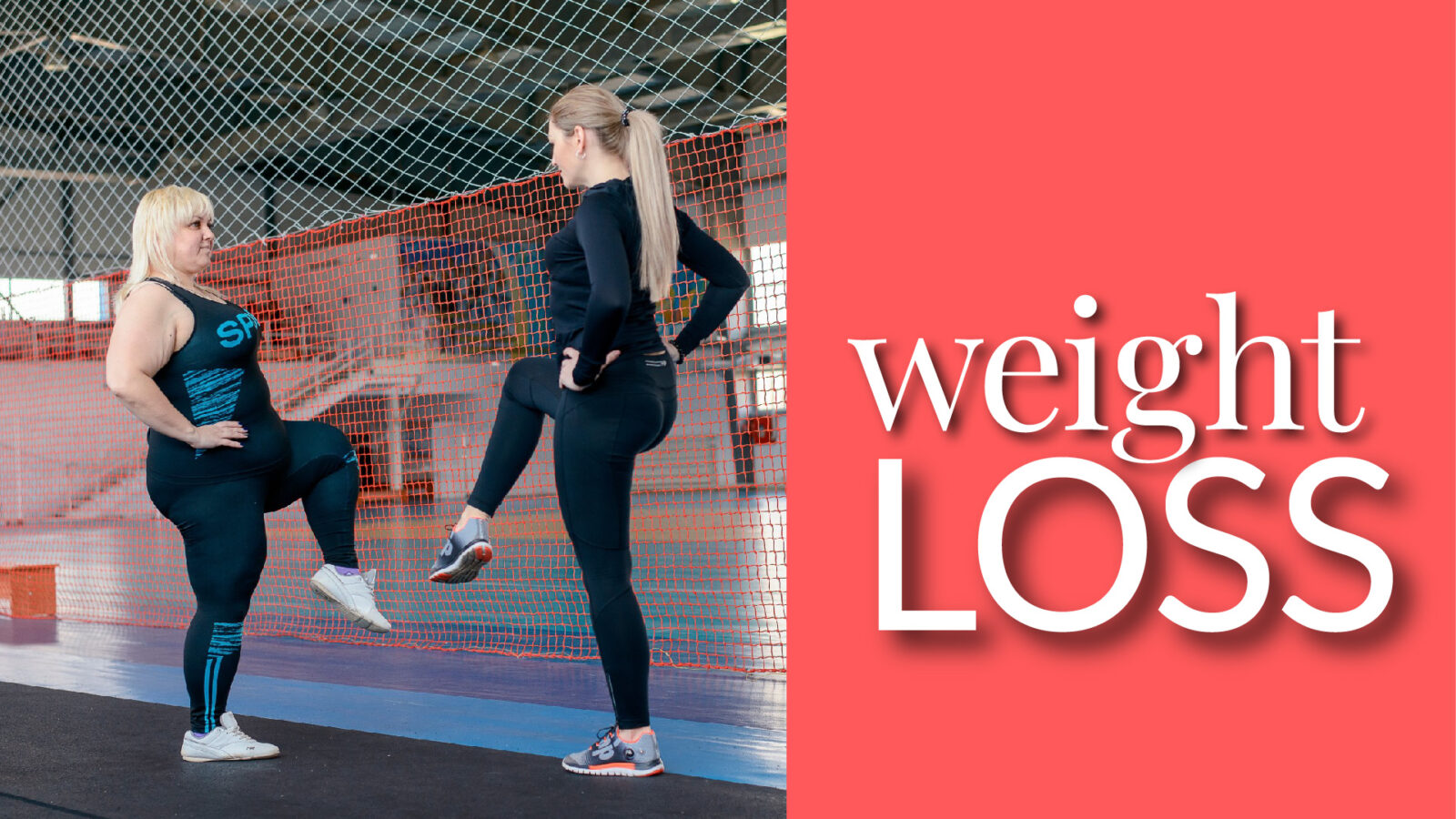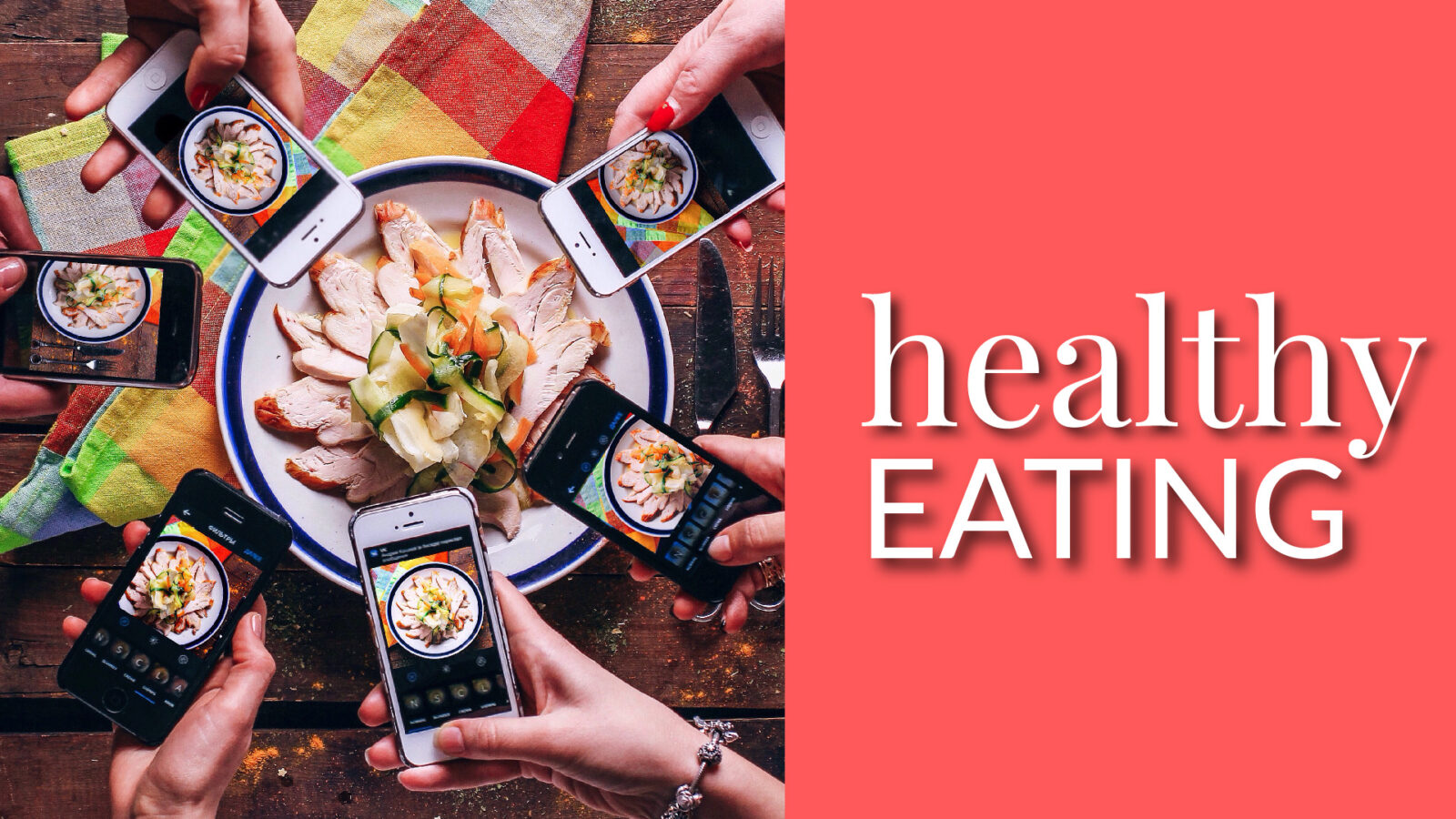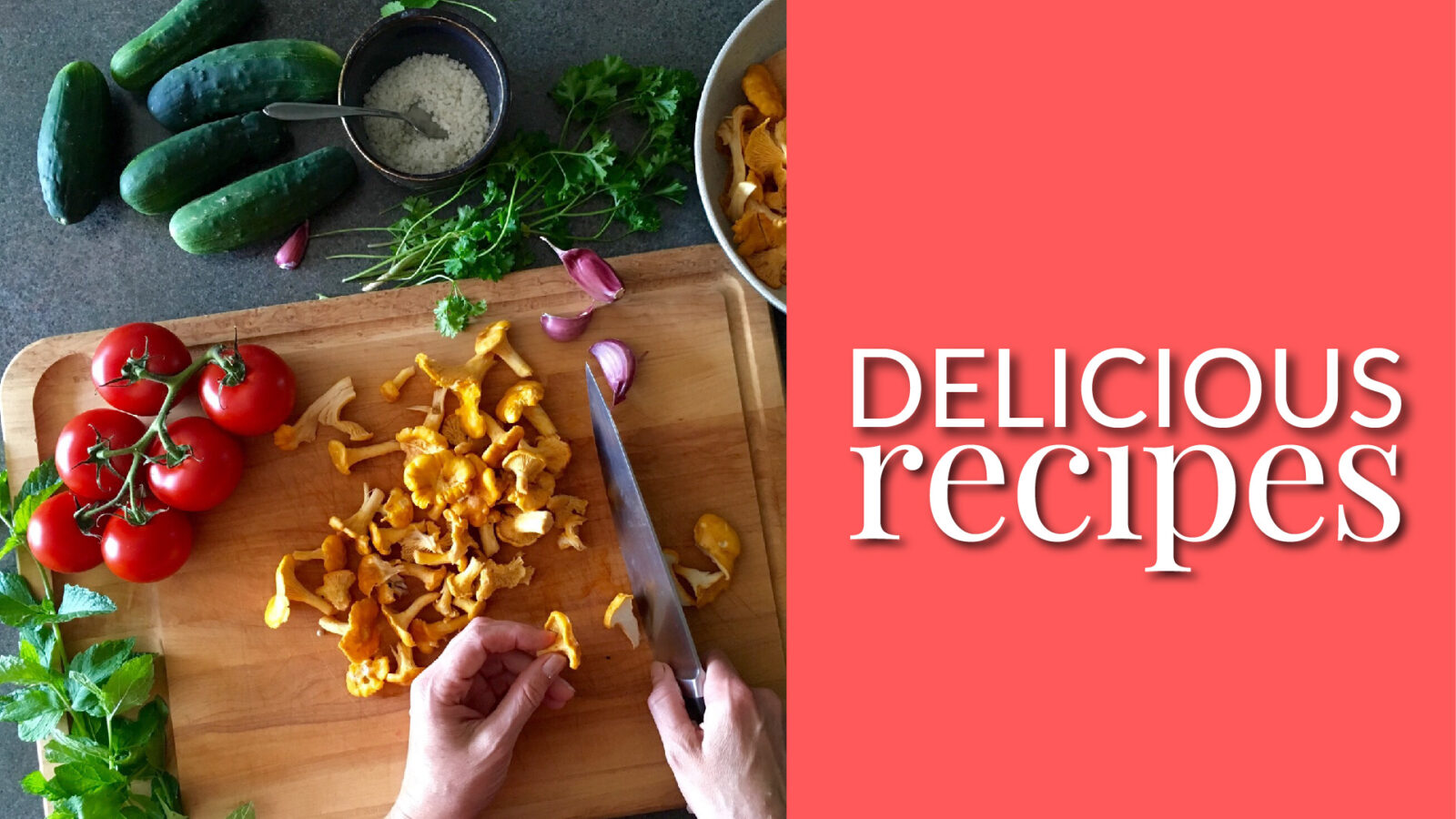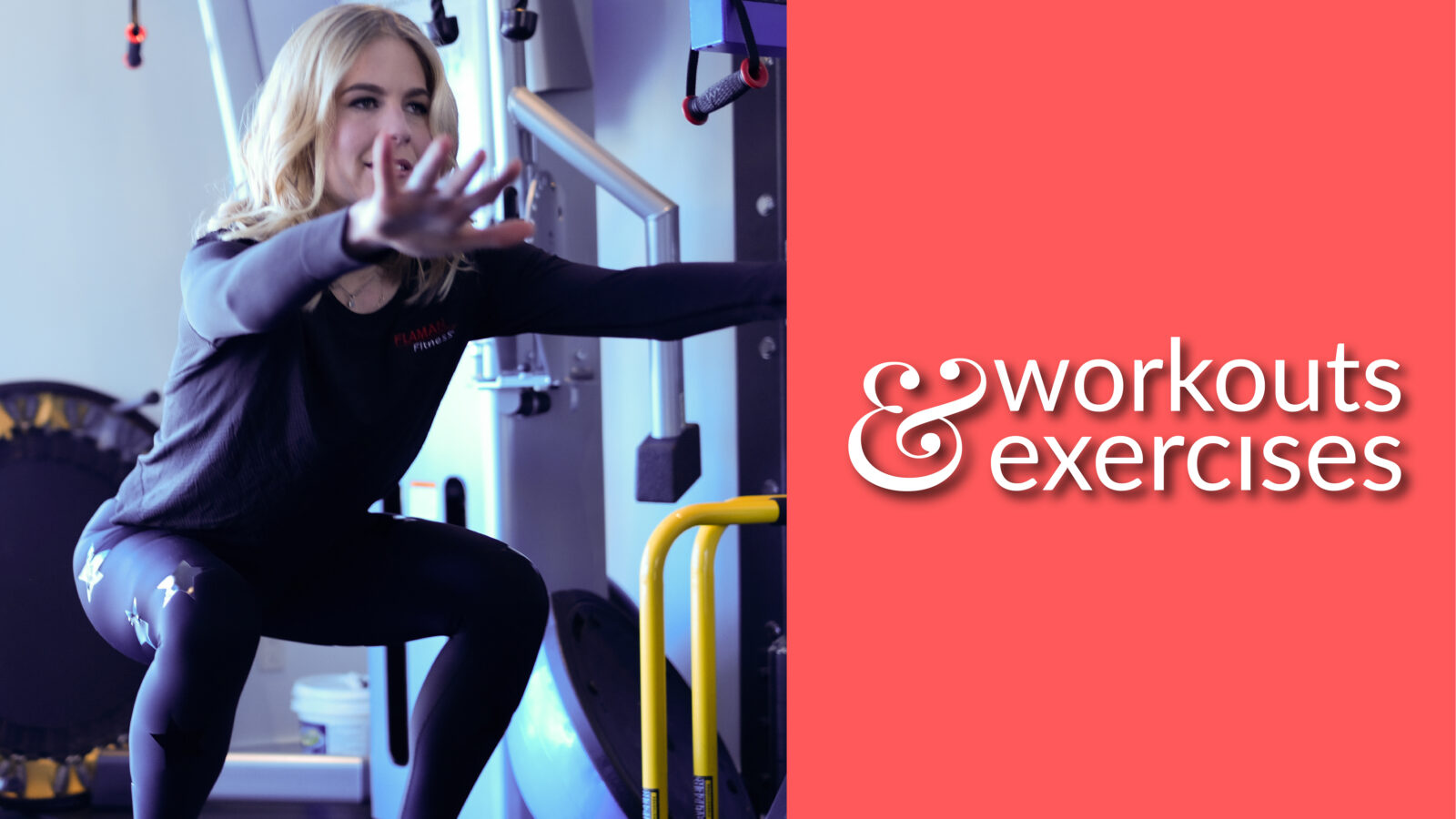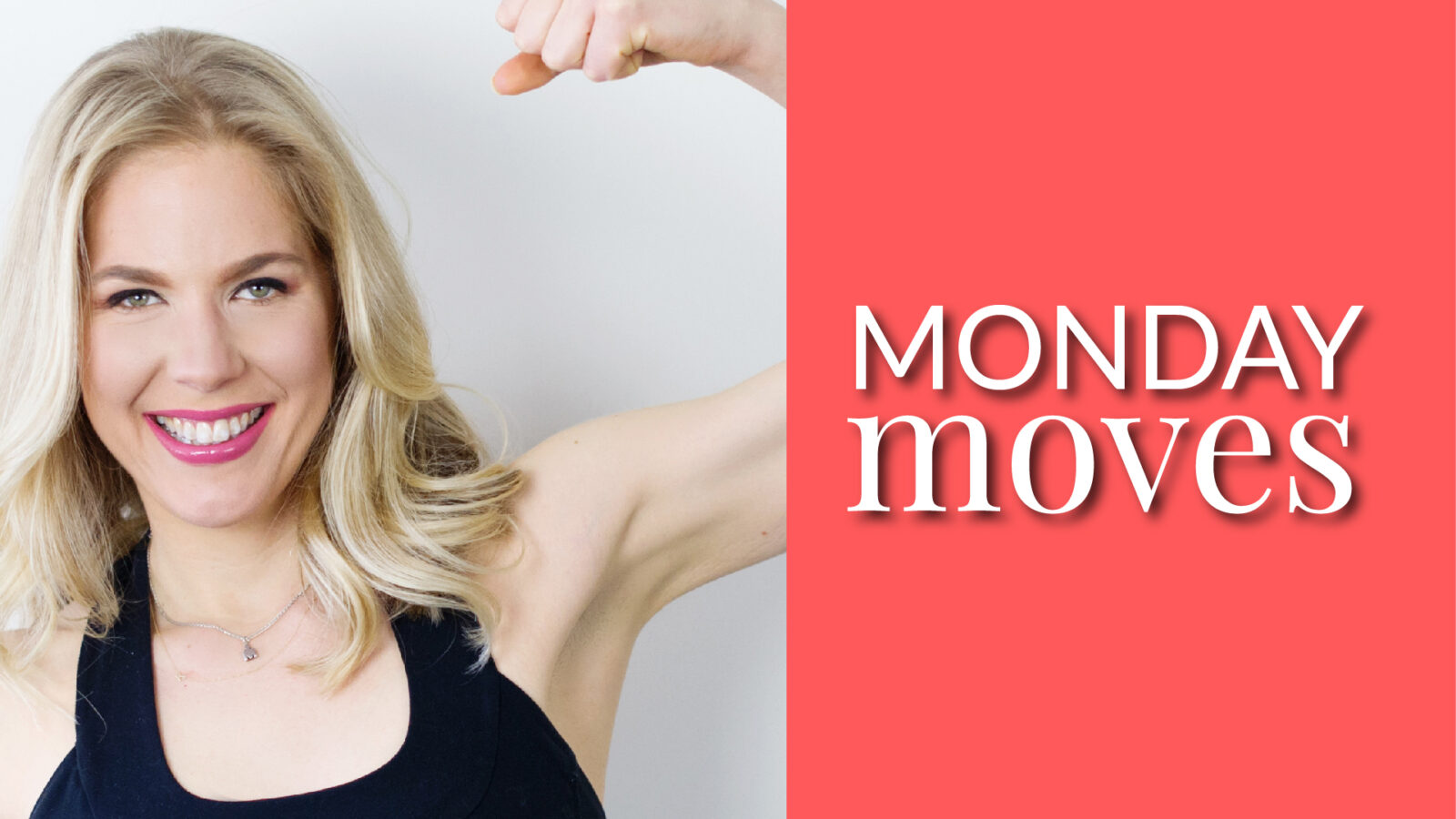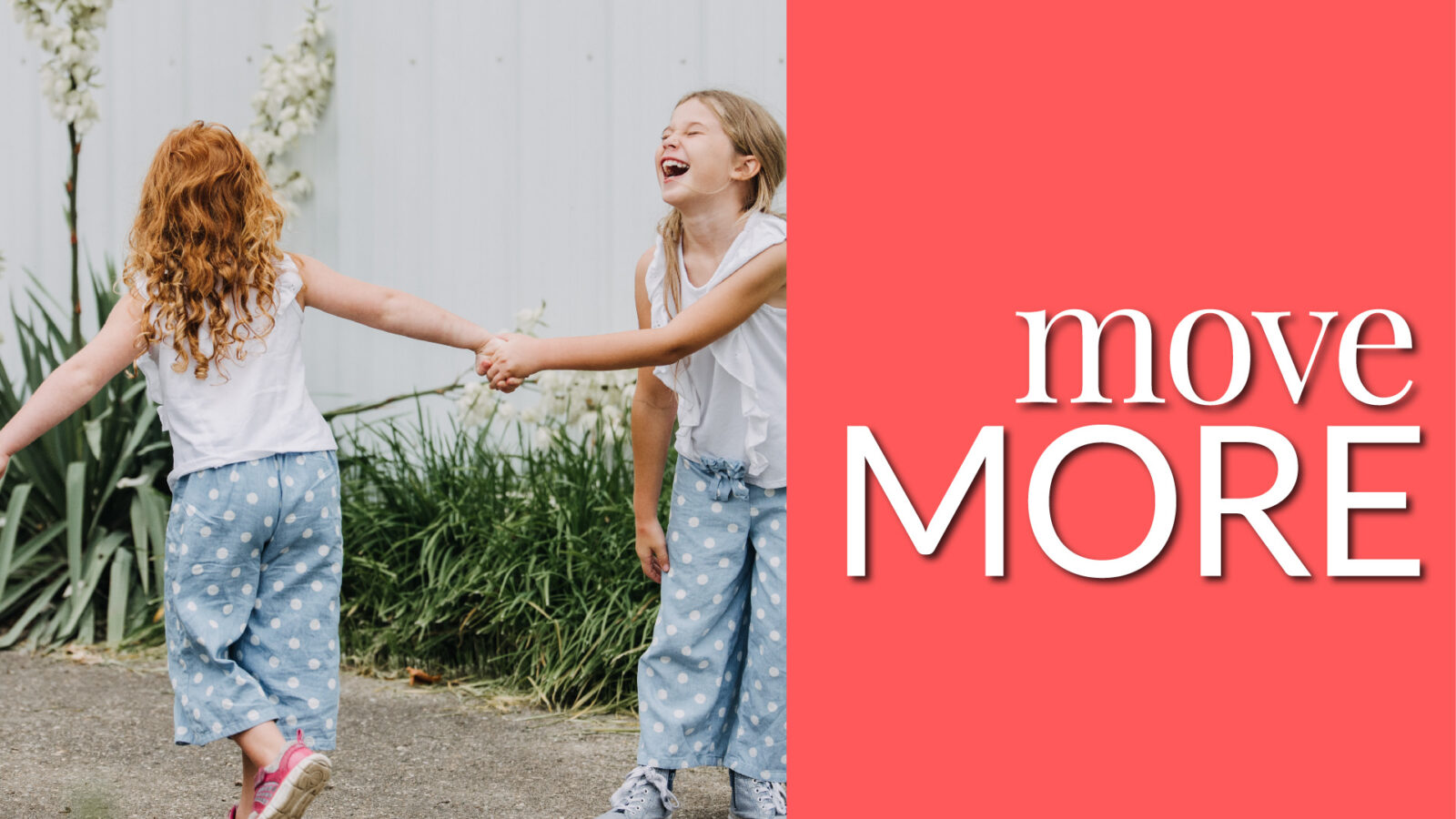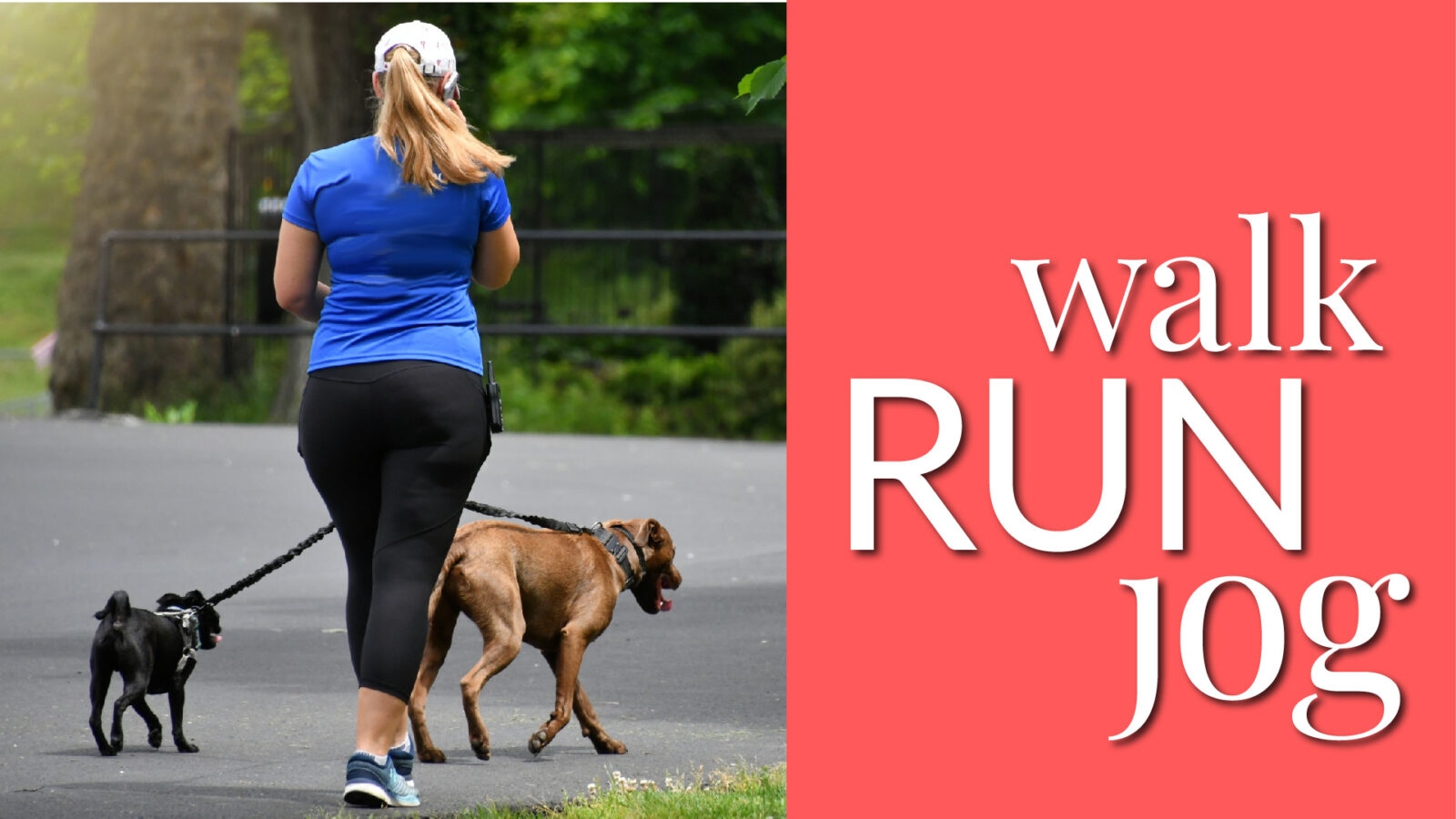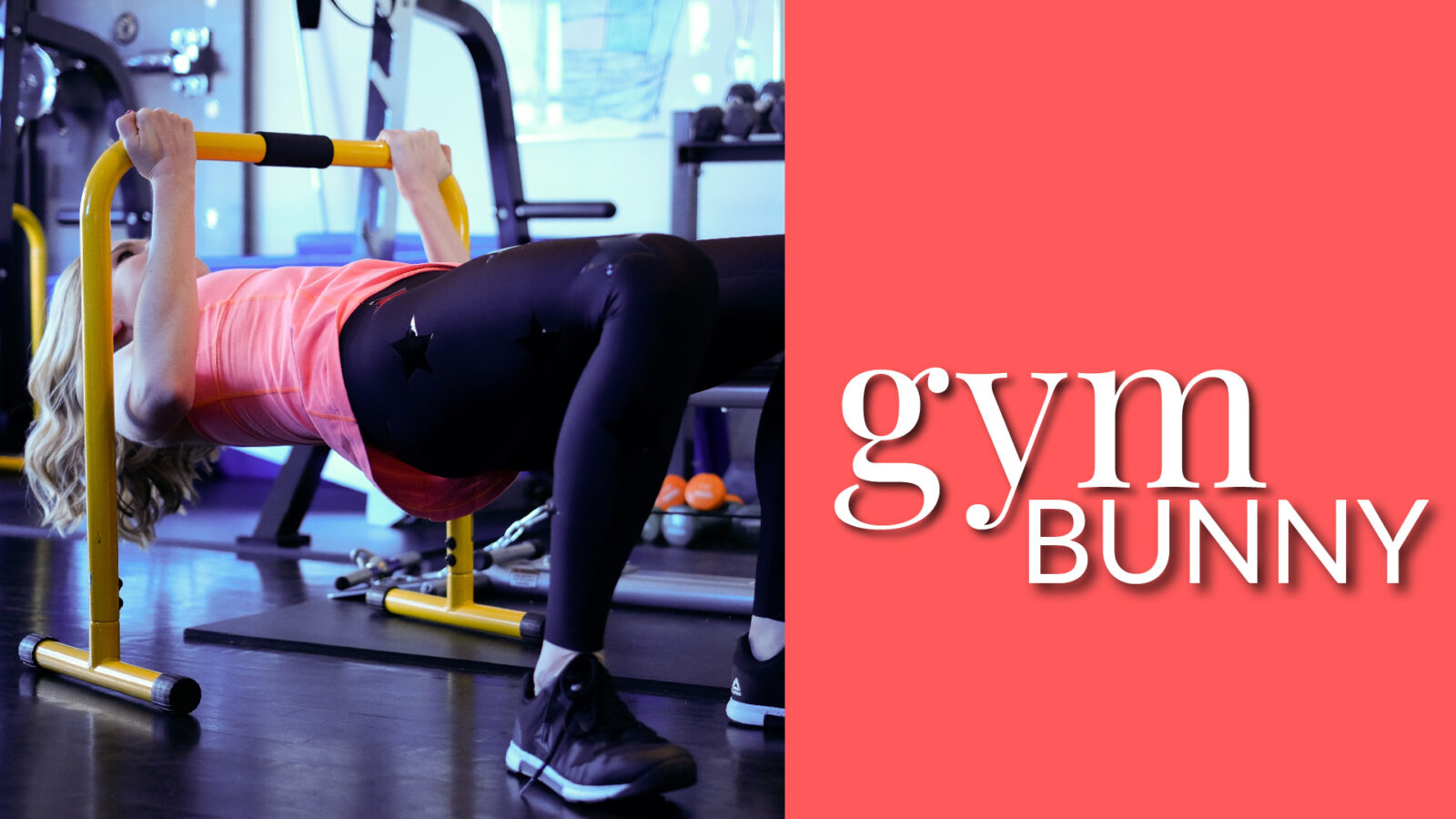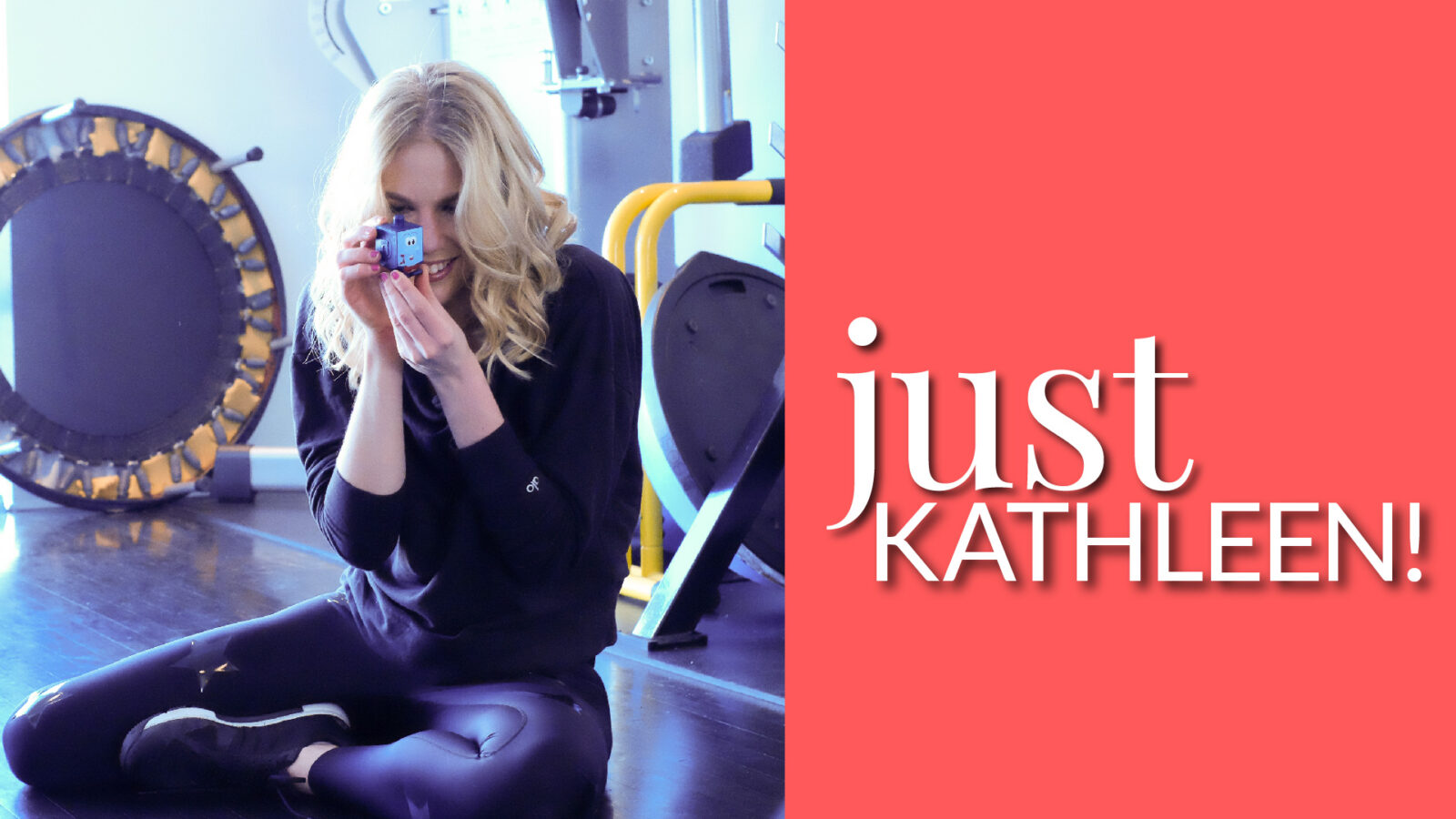Guest Blog post by Dr. Sandra Parker, Registered Psychologist
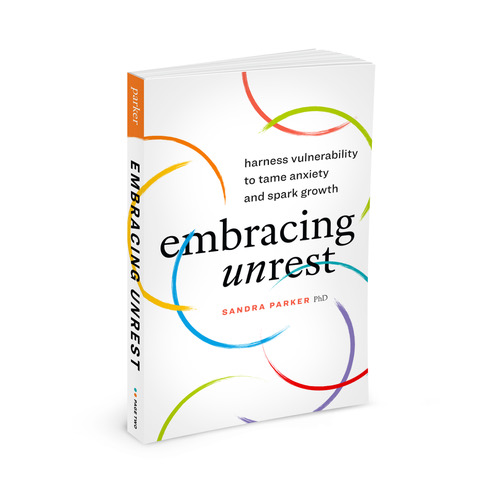 If you’re a fan of Kathleen Trotter’s compassionate, inspiring health and fitness coaching you already know that big change comes from making small, consistent choices. You already understand how kindness is an essential ingredient in your success, but that kindness does not mean giving yourself a hall pass when you don’t “feel like it”. In fact, you know that you can use discomfort to help cue you to engage in self-care behaviors to get you back on track.
If you’re a fan of Kathleen Trotter’s compassionate, inspiring health and fitness coaching you already know that big change comes from making small, consistent choices. You already understand how kindness is an essential ingredient in your success, but that kindness does not mean giving yourself a hall pass when you don’t “feel like it”. In fact, you know that you can use discomfort to help cue you to engage in self-care behaviors to get you back on track.
Well, I am here to tell you that approaching discomfort and being curious about what is really going on underneath the kneejerk impulse to avoid exercise and healthy eating are the same core principles we all need to follow if we want to tame anxiety, find meaning and show up fully in our lives. It turns out, just as with physical health, emotional and psychological health is less about nailing things perfectly and more about your relationship to yourself when you are vulnerable. Approaching yourself with warm interest and non-judgment when your longing meets limits is the key to creating the life of your dreams.
You know you’re vulnerable. I’m pretty sure you’re aware of the fact you have limits to your control over things. You understand you can’t always get what you want (thank you, Mick Jagger), but did you know that you also feel something in your body when you are vulnerable? Well, you do. You feel “unrest”. You see, unrest is a sharp spike of nervous system activation that jolts you when you bump up against an immediate instance of your human limits. When you want something, anything really, and you twig to the fact that the object of your desire is not entirely in your grasp, you’re plucked like a bowstring and begin to quiver.
Unrest is your very own biofeedback letting you know you cannot secure something you want with 100 percent certainty. Whether it’s losing that last ten pounds, landing that great job, having a good night’s sleep, meeting the partner of your dreams, losing your keys, catching the bus, not catching Covid, your cat barfing on your carpet, your kids launching successfully, getting your brother to quit drinking, saving the planet from climate change, or making this perfect moment where we are all finally together again, laughing and talking, last forever and never end… It is not. Entirely. Up. To. You.
Vulnerability is a fact of life and unrest is your experience of that fact. When what you want is met with limits to making it happen, your body alerts you with sensations that are indistinguishable from fear. And therein lies your predicament. Your friend unrest doesn’t look so friendly. You’re wired to avoid things that evoke fear, so when unrest stirs your nervous system you focus outward, escaping your inner discomfort but also losing touch with your inner truth. You scan and brace for danger. But vulnerability is not danger. Vulnerability is simply longing bumped against limits. Painful but not dangerous.
If you do not understand and take care of unrest, you’ll find yourself in mental worry movies and busy activity and don’t even know why you’re scrolling your social media feed or fretting about your health again or feeling the urge to eat even though you’re not hungry. Your habitual relationship to yourself in that vulnerable moment of wanting something and recognizing you don’t have 100 percent control over making it happen might be to ignore yourself, push through with harshness, distract yourself, judge yourself, cave in and feel hopeless and give up, or worry and try to control yourself or others or the world.
Your relationship to yourself when you are vulnerable is your relationship to life itself. Are you in an argument with reality, muttering and sputtering about how it should be different? Do you blame yourself or the world for things not bending to your will? Do you fret and run threatening movies and stories in your mind? Do you neglect your body and your feelings and simply push through, until you hit a breaking point? Or do you collapse and give up in a depressed sense of “what’s the point?”
Right in that moment, when your sympathetic nervous system jolts you with agitation and tension letting you know you are not omnipotent, you have an opportunity to do the opposite of how you are wired and approach what doesn’t feel good. You can tune in and feel the bracing in your body and inquire with compassion and curiosity and soothe the distress. Even though things are not as you want, you can matter.
Of course you want what you want, and you want to be able to make those things happen. That is wonderful and normal and human and healthy. Your desire is a huge motivator in your life. If you can see the discomfort of unrest as an invitation to come home to your body and matter – right then and there, in your matter – you can soothe your body and access the power of your emotion. Your emotions want to help you adapt to life. They give you information about what is true for you and the energy to do something about it. Emotion is the engine for growth and the foundation for living your biggest life. The discomfort of unrest is your call to come home to the body, soothe your nervous system, feel and grow.
We need to embrace unrest like a friend rather than brace against it like a threat. Then we can open to the truth of our human vulnerability, feel the emotion that comes with that, and grow into more of who we are deeply meant to be.
This is not easy. But you are so worth it.
_______________________
For more information and to buy Sandra’s new book visit Embracing Unrest: Harness Vulnerability to Tame Anxiety and Spark Growth. Sign up for Sandra’s newsletter at [email protected] for updates and early offers for subscribers.

